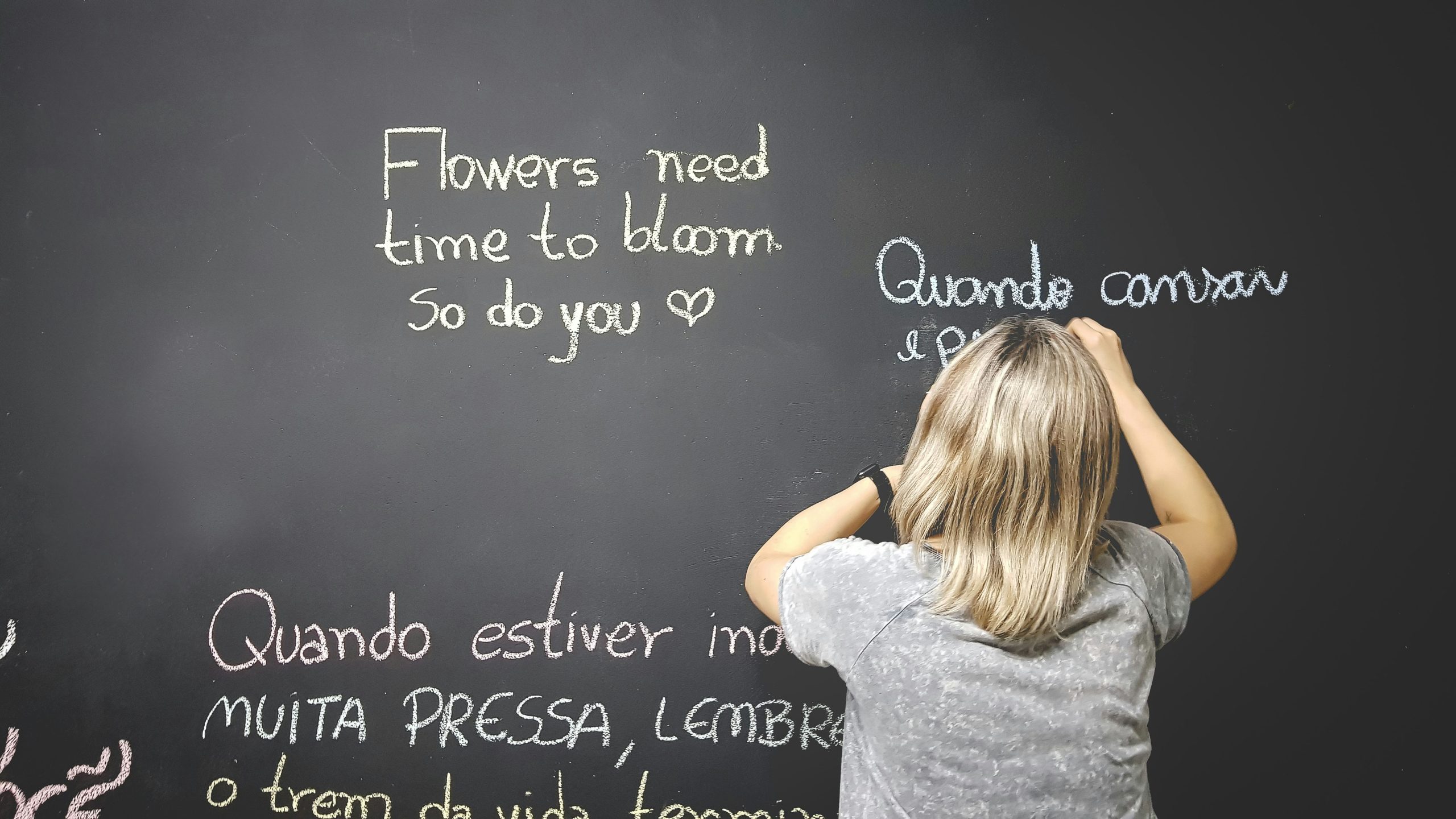In our elementary science curriculum, students delve deeper into the scientific method, engaging in more sophisticated experiments and investigations. They explore life, earth, and physical sciences, learning how to formulate hypotheses, conduct experiments, and analyze data. Our curriculum encourages curiosity about the natural world and develops the ability to think critically about scientific problems, preparing students for more advanced scientific inquiry.
Our technology program at the elementary level includes basic coding and an introduction to robotics, empowering students with essential skills for the digital age. They learn to write simple programs and understand the basics of computational thinking, which fosters problem-solving skills and logical reasoning. By incorporating technology in a meaningful way, we prepare students to navigate and contribute to a rapidly evolving digital landscape.
Building on their early experiences, elementary students at America’s Little Leaders Junior Academy tackle more complex engineering challenges. They engage in projects that require them to design, build, test, and refine their own solutions to real-world problems, applying their knowledge of math and science in practical contexts. This hands-on approach to engineering fosters resilience, creativity, and a deep understanding of how things work.
Arts education at the elementary level becomes more refined and exploratory, encouraging students to express themselves and interpret the world around them through various artistic mediums. We emphasize the development of skills in visual arts, music, drama, and dance, while also fostering an appreciation for cultural diversity in the arts. Our arts program is designed to enhance students’ creativity, improve their communication skills, and provide them with the tools to express their thoughts and emotions in innovative ways.
The elementary math program builds on foundational skills, introducing students to more complex mathematical concepts and problem-solving strategies. We cover areas such as multiplication, division, fractions, and geometry, using interactive methods and practical applications to demonstrate math’s relevance to the real world. Our goal is to foster a confident mathematical mindset, equipping students with the tools they need to tackle challenges and think analytically.





We recognize the growing importance of Spanish in the United States and have incorporated Spanish language learning into our curriculum. Our students are introduced to the basics of the Spanish language, embracing the opportunity to develop conversational skills and cultural awareness, which are essential tools in our increasingly interconnected world.

